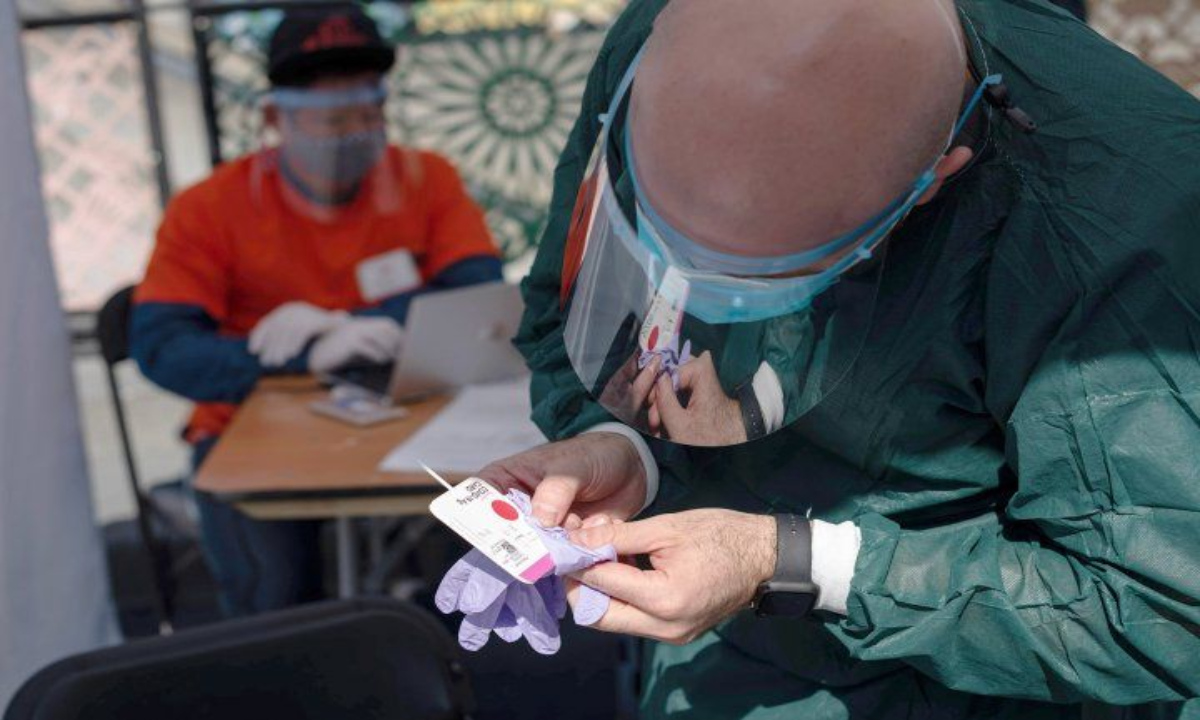Written by: Amanda Angulo
Recently, the Family Emergency Shelter Coalition staff in Hayward has been struggling to purchase enough rapid test kits, and they usually like to keep 10 to 15 on hand. Even their local Costco and Walgreens began to limit one kit per customer.
“We ran into the same issue at the beginning of the pandemic when we were trying to buy Clorox wipes and hand sanitizer,” states the shelter’s program director, Sarah Voit.
In stores and online, retailers have been selling out of the at-home test kits, which leaves schools, employers, nursing homes, and other groups without the proper tests needed to prevent an outbreak. This also results in employees struggling to find a test, parents paying out of pocket to test their children, and nursing homes waiting weeks before receiving their testing kits.
Although California reports high-record numbers in testing, it also reports a shortage of rapid and home testing. Experts claim that when the Delta variant surges, it sparked the “perfect storm” of rapid test shortages. According to a database, less than 10% of the testing locations in the state offer rapid-result antigen tests.
Schools have been desperate for these supplies as it has been their primary strategy to keep kids in classrooms. Officials at the Clovis Unified School District near Fresno have stated that they have struggled to secure tests for their 43,000 students. This is also a result of increased demand for testing due to the mandatory weekly testing for extracurricular activities.
Clovis district spokesperson Kelly Avants said, “We got our order in and heard within a day or two that the state was no longer accepting additional orders because they were out.” After contacting over 40 vendors themselves, no one had any in stock until as late as December.
Additionally, employers such as Amtrak and Goldman Sachs are starting to require proof of vaccination or weekly testing with negative results. Many of these workers cannot afford to lose a day of work yet struggle to find locations for rapid testing.
“When you go to other places, it takes two days for the results. Two days means a lot for those families who work labor,” said Marina Palma, a San Rafael City Schools board member. “If they don’t have that verification, they can’t support their families.”
Photo from: Mike Kai Chen/Unidos en Salud




